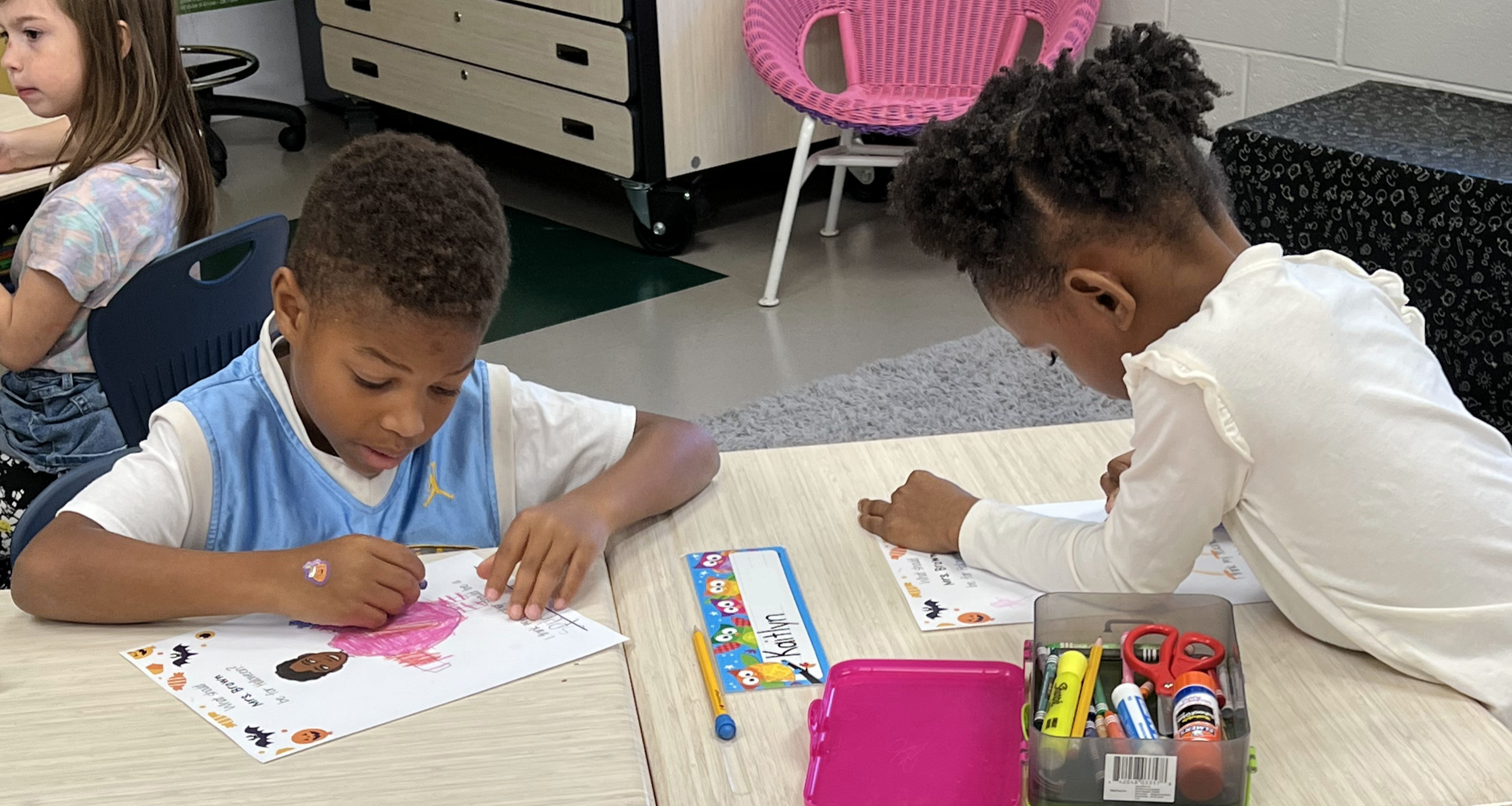
Counseling
Counseling Services
Small Group Counseling
Small group counseling (typically 4-6 participants) is needs based and usually meets once a week during lunch (or another non-instructional time) for four to six weeks. Small groups provide members the opportunity to share ideas and learn from each other. Group topics are chosen based upon student needs, and can change throughout the school year. Participation which is voluntary and confidential, requires permission from a parent or guardian. Referrals for groups are made by parents and teachers.
Common Small Group Topics:
Managing Strong Feelings
Building Confidence
Grief and Loss
Family Changes
Motivation and Organization
Individual Counseling
Individual counseling is a one-to-one meeting with the counselor to discuss a problem or topic of interest that may be affecting their academic success. Friendship issues, worries, conflict resolution, difficulty coming to school, grief, and managing emotions are frequent issues children face.
Individual Sessions may include:
Talking about things that are important to them
Using puppets or stuffed animals to help express feelings and problems
Goal Setting
Using counseling office as a safe place to calm down
Playing games to learn ways to relate to others
Referrals can be made by teachers, parents, administration, as well as by the student. Parents are welcome to call or email the counselors to request individual counseling for their child.
Students may see us at any time for brief discussions, but parental permission must be granted in order for a counselor to work with a student for a series of multiple, planned sessions.
We are unable to provide intensive, long-term counseling services to students.
Classroom Lessons
Classroom lessons are part of the comprehensive school counseling program. These lessons are designed to foster students’ academic, social-emotional development, and career awareness at the elementary level.
Common Classroom Lesson Topics:
Promote Respect (Bullying Prevention)
Zones of Regulation
Careers
Stress-Management
Self-Control
Cooperation
Responsibility
